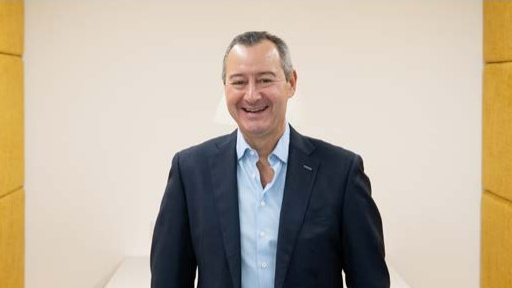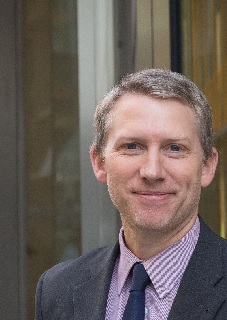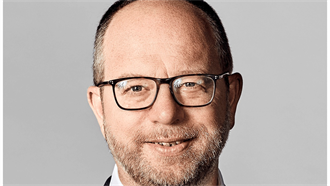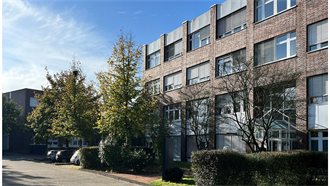Veteran leader Duncan Owen had clocked up over 30 years in the industry by the time he stepped down as global head of real estate at Schroders at the end of 2020. Now he has climbed back into the ring as CEO of Immobel Capital Partners. Here he talks to PropertyEU about the new firm and the very different market he has returned to.
The Big Interview: The next big challenge
- In Magazine highlights
- 10:56, 25 januari 2023
Premium subscriber content – please log in to read more or take a free trial.
Events
Latest news
Best read stories
-

Emaar Properties acquires Grand Hotel Imperiale in Forte dei Marmi
- 25-okt-2024
The Grand Hotel Imperiale in Forte dei Marmi, Italy has been sold to UAE-based real estate company Emaar Properties, owner of renowned buildings such as the Burj Khalifa and the Dubai Mall.


































